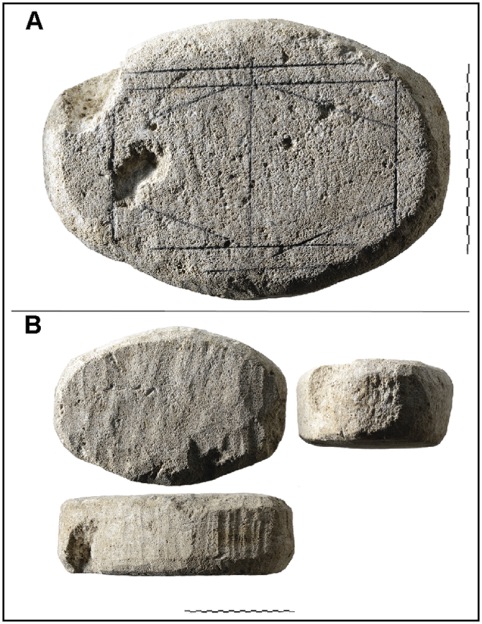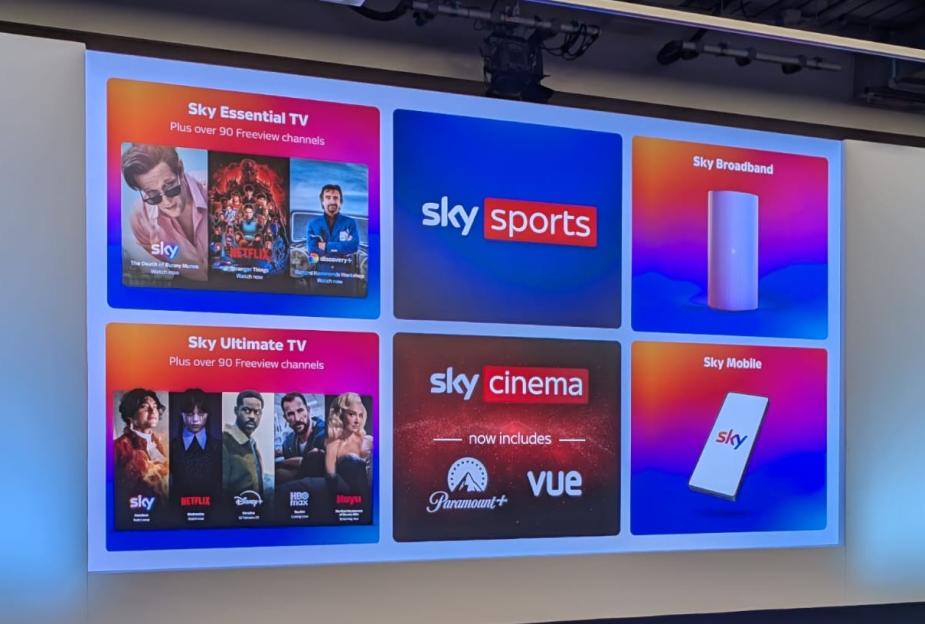I THINK we can all agree â job interviews are nerve-wracking.
Ian MacRae tells The Sun exactly how to walk in, sit down, and the golden words to say in any
 There is a balance to be struck between being confident and warm
There is a balance to be struck between being confident and warmBecause â as the job market continues to weaken and â it’s never felt more important to nail that first impression.
How to walk in
“Be confident when you enter, and when you are speaking â but don’t be overconfident or aggressive when the other person is speaking,”;; says MacRae, a member of the British Psychological Society.
“Aim to be confident in your own approach and your own answers without dominating the conversation.”;;
While humbleness is generally considered a good quality â and is absolutely necessary in some jobs, such as caring roles â it’s not a good idea to talk down your achievements.
“False humility is rarely well received,”;; explains MacRae.
“If you’re talking about your accomplishments, be confident about them.”;;
There is a balance to be struck between being confident and warm.
Confidence can easily be mistaken for cockiness if it’s overdone, according to MacRae.
“Research shows both confidence and warmth significantly improve social perceptions, so don’t overdo the confidence so much that you fail to listen to the other person, or respond to them respectfully,”;; he says.
“Show that you’re confident you can do the job, but that you’re receptive to learning.”;;
 Most people fidget, especially when they’re nervous
Most people fidget, especially when they’re nervousHow you should sit
Now you might not think you need tips on something as simple as sitting in a chair â but posture is important.
According to MacRae, “it influences both how you are seen and how you feel”;;.
To really give off the best impression, MacRae suggests relaxing your shoulders, keeping your feet grounded and your hands visible.
Try not to hunch forward.
With your hands visible, you may be less likely to fidget.
If you tend to fidget, don’t take along props that you are more likely to fidget with.
Ian MacRaePsychologist
Most people fidget, especially when they’re nervous.
But “pronounced, loud and exaggerated”;; fidgeting can be a distraction to an interviewer, according to MacRae.
“If you tend to fidget, don’t take along props that you are more likely to fidget with,”;; he says.
“The last thing you want to be doing is spinning around a or constantly checking a mobile phone during an interview â this goes for remote interviews too.
“If you tend to fidget, be very careful what you place around you on the desk. If your hands need to be busy, take notes.”;;
MacRae also suggests modelling your posture on whoever is interviewing you â without being an obvious copycat, of course.
“Generally, when you are attentive to the other person’s body language, you naturally mimic it to a certain degree,”;; he says.
“So don’t consciously try to mirror their actions but pay attention to their posture, facial expressions and body language to pick up more clues and context about the questions they are asking.”;;
 These days, people have to go through multiple rounds of interviews to land a job offer
These days, people have to go through multiple rounds of interviews to land a job offerThe advert trick
Now nobody can tell you what to say to win over an interviewer â not even .
But there are some golden phrases you can use, quietly given to you by the hiring company through the form of a job advert.
“Good job adverts â not all adverts â will give you some important clues and keywords about what matters,”;; explains MacRae. “Learn the keywords and what they are often code for.”;;
Though preparation goes a long way in an interview.
The best thing you can do is to demonstrate that you understand what’s required for the role, what kind of challenges there will be, and that you have the capacity to solve those problems.
As MacRae notes, there is no “set of magic words”;; that is going to secure you a job offer.
But preparing some general talking points and questions relevant to the job will put you in better stead.
“The best thing you can do is to demonstrate that you understand what’s required for the role, what kind of challenges there will be, and that you have the capacity to solve those problems,”;; MacRae adds.
“Asking questions that demonstrate you understand what is required in the role can really help.”;;
These days, people have to go through multiple rounds of interviews to land a job offer.
Another tip up MacRae’s sleeve is to ask the recruiter what the next interviewer is looking for.
“They’ll often tell you,”;; he says. “And that can really help you prepare. Write down what they tell you.”;;
MacRae continues: “If they can’t or won’t tell you, that’s also an important piece of information if they don’t really know what they’re looking for.”;;
Try to practice common interview questions with a friend or family member to make any surprise questions feel less intimidating.







